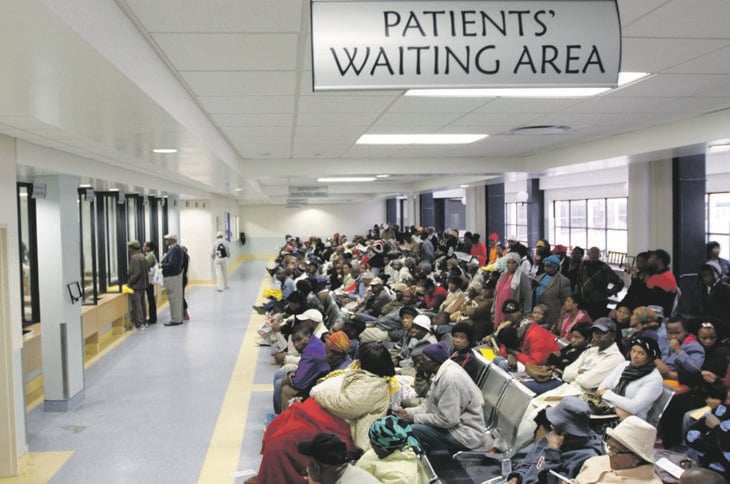
In 2007 former president Thabo Mbeki called for a patriotic public service that would meet the highest professional standards and be proud of the fact that it existed to serve the people.
He talked about a need to build a motivated public service.
In his Nelson Mandela fourth annual lecture in 2006, Mbeki characterised Madiba as the epitome of ubuntu.
He reminded those present that the masses of South Africa prayed for a good, moral, humane and caring country which, as it matured, would progressively guarantee the happiness of its citizens.
He emphasised the need to implant the spirit of ubuntu in the country, to inspire all to say that they were proud to be South African.
During the lecture, Mbeki painted a picture of how the capitalist class decided that material incentives must play a prominent part in the life of the people of South Africa.
He further submitted that the individual acquisition of material wealth had become a defining social value that had begun to corrode social and national cohesion.
So, what is a motivated public service?
A motivated public service is proud to be South African and dedicated to serving its people in a moral and caring manner to secure their happiness.
Do public servants execute their tasks without pursuing material gain?
Many public servants do not embody the value of patriotism and do not take pride in the opportunity given to them to serve the public diligently and optimally without expecting more than what they are already remunerated; incentivising personnel using performance bonuses has become a norm.
Most public servants are willing to perform optimally when a performance bonus is dangled in their face. When they do not receive bonuses many despair and drag their feet.
They perceive bonuses as an entitlement.
Last year Eskom employees were reported to have demanded performance bonuses for having met their key performance indicators (KPIs).
Surely, there are employees who have met their KPIs, but does that entitle them to a bonus for the competence they already receive a salary for?
This is a classic example of how material incentives and individual acquisition of material wealth play a prominent role in achieving service delivery.
This kind of entitlement is experienced in many organs of the state.
Some diligent employees despair for being denied bonuses, while dismal performers, who are favoured and close to power and obsequiously execute the instructions of their seniors regardless of their unlawful nature, are year in and year out showered with bonuses.
Some of those unfairly denied bonuses end up being obsequious so that they, too, can acquire such material wealth.
During performance assessments, many organisations become toxic due to bitterness among employees who ravenously compete for bonuses.
Even those who received bonuses before insatiably demand more.
What will it take to have a motivated public service, one that entrenches a positive environment for employees?
It hinges on the astuteness of management and on how fit, proper and fair those in positions of power are.
Does the public service have confident and content management teams fit to beget encouraging environments?
Or does it have demagogues consumed by inferiority complexes and managing by instilling fear in their juniors and putting them at the mercy of their performance bonuses?
Some organs of state budget a minimum of R500 000 a year for performance bonuses. Frankly, that kind of unjustified enrichment has to be stopped. That money could be used to employ two or three new workplace entrants.
Those who meet their KPIs should continue to qualify for one notch progression only. Bonus funds could be reallocated towards enhancing skills development for each employee, including paying for short courses and updates.
Those who improve their qualifications relevant to their work should qualify for a further notch or so to motivate them and foster a knowledgeable public service.
Public Service and Administration Minister Ayanda Dlodlo and her skilled team, including the Public Service Commission and our progressive labour unions and organisations should apply themselves to the injurious and divisive effect that performance bonuses have.
A skilled, content and unified public service has a greater tendency to pursue the happiness of its citizens over personal material gain.
. Sedupane is an advocate and a human rights lawyer




 Publications
Publications
 Partners
Partners








